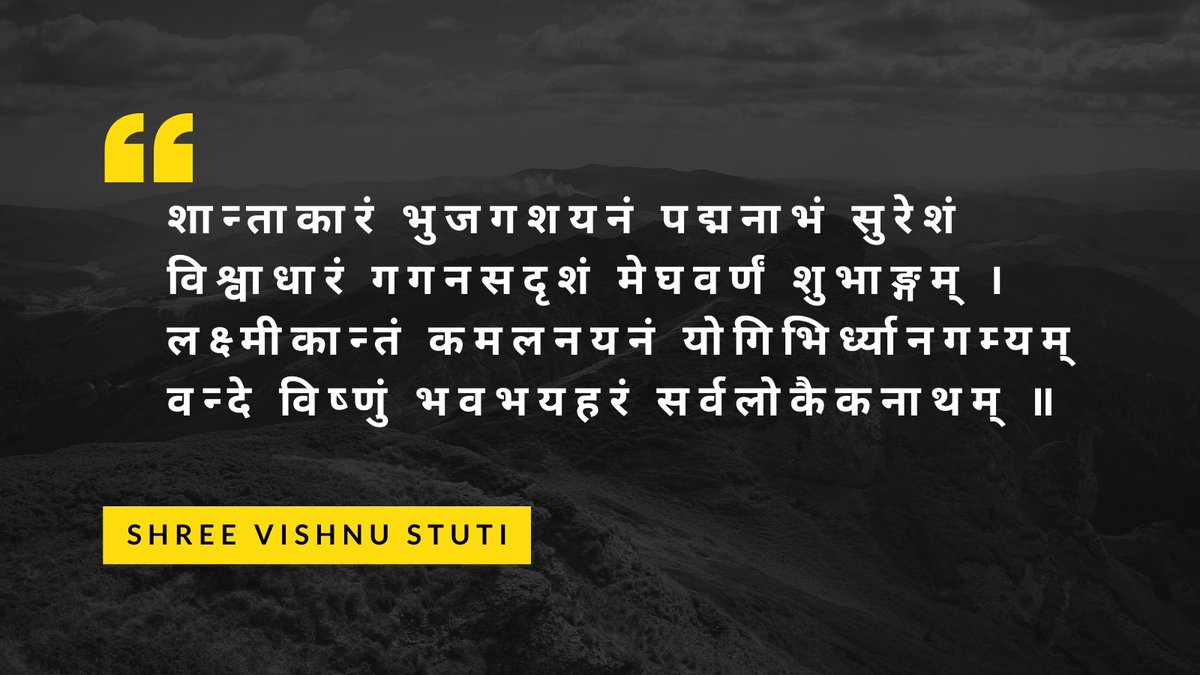
Today is #Mahasamadhi_Diwas of Swami Vivekananda.
A thread on What mantra Swami Vivekananda regularly chanted...
Sri Ramakrishna surrendered Swamiji to Maa Kali and asked him to meditate on the form of Maa Kali. So He had given Kali Mantra to Swamiji in all probabilities. 1/6
A thread on What mantra Swami Vivekananda regularly chanted...
Sri Ramakrishna surrendered Swamiji to Maa Kali and asked him to meditate on the form of Maa Kali. So He had given Kali Mantra to Swamiji in all probabilities. 1/6

Swamiji soon started getting visions of Kali, different other deities and mantras, as He told confidentially to Sri M in 1887(as recorded in Sri Ramakrishna Kathamrita)
Sri Ramakrishna also gave Him Rama Mantra at Kashipore in 1886 (as mentioned in Sri Ramakrishner Antyaleela by Swami Prabhananda).
He was taught Swamiji Advaitavaad as mentioned by Swamiji in His Complete Works.
He was taught Swamiji Advaitavaad as mentioned by Swamiji in His Complete Works.
It seemed Swamiji, besides chanting OM , worshiped Bhagvaan Shiva and Maa Kali frequently.He told Nivedita that he regularly worshiped Kali and mentioned it as his personal affair which he was not ready to preach.
It is belived that Swami Vivekananda was an incarnation of Sri Vireswara Shiva.
Normally incarnations like him can not do japa for long.They soon get immersed in meditation, bhava and samadhi, as happened with Sri Ramakrishna.
Normally incarnations like him can not do japa for long.They soon get immersed in meditation, bhava and samadhi, as happened with Sri Ramakrishna.
Chanting of the Raama Naama was also very favorite of Swamiji.
He used to medidate from His early childhood becoming still like a rock. He saw divine light everyday between two eye-brows while going to sleep everyday.
He used to medidate from His early childhood becoming still like a rock. He saw divine light everyday between two eye-brows while going to sleep everyday.
• • •
Missing some Tweet in this thread? You can try to
force a refresh











